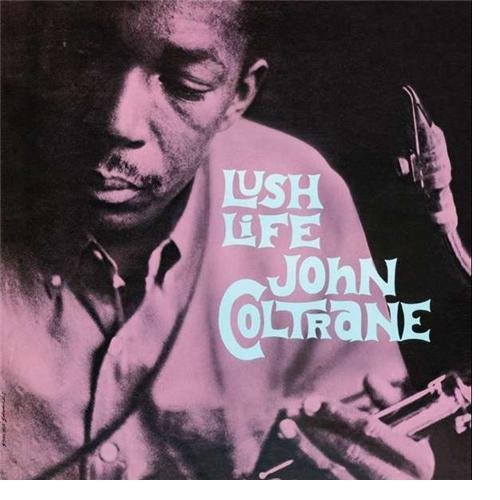-
The article sums up the total of user research. The comments are a microcosm of user resentment. A good capsule of how even good UI changes (and the movement of the search box in Wikipedia is a good change) engender resentment.
-
Two pleasant surprises–today’s new Pernice Brothers album and Joyce Linahan’s book about working with him, “Pernice To Me.”
-
Freaking awesome home experiment to demonstrate: standing waves, principles of electromagnetism, the speed of light, gooey marshmallowy goodness.
-
So this is the Apple Store App Store app. Store. Appstore. App. HELP!
-
Gruber sums up a dynamic that’s starting to be reminiscent of “listeners vs. RIAA”: “Safari Reader doesn’t kick in by default. It’s invoked by the user. Apple isn’t telling Jim Lynch his site is ugly and hard to read. His readers are. If your website is user-hostile, don’t be surprised when your readers fight back.”
Day: June 15, 2010
Lush Life

There are certain records, certain tracks, that instantly take you back to where you were when you heard them for the very first time. John Coltrane’s “Lush Life” (the first version he recorded, the 1958 version with Red Garland, Donald Byrd, Paul Chambers, and Louis Hayes) is one of those albums, and one of those tracks.
The whole record is unusual in Trane’s discography. The first three tunes are performed by a pianoless trio (Red Garland apparently forgot to show up for the session), and they show a keen sense of rhythm and a searching intelligence while still demonstrating Trane’s mastery of playing over the chords. The fifth track, a quartet session with Garland, Chambers, and Albert Heath on drums, is a straight ahead reading of “I Hear a Rhapsody”–a nice enough performance, but unremarkable by itself.
No, it’s the title track that makes one sit up and pay attention, as I did when I brought it back to my dorm room in the fall of 1990, a story which I’ve told before. All the more if you think of the story (not the words. The words themselves have so little poetry that it’s a miracle that Johnny Hartman brought what he did to the song five years later)–the sad, romantic story of the man who was idly bored until a miracle of love came into his life, and then quietly heartbroken when love departed. So he tries to bolster his spirits, only to confront his own solitude: “Romance is mush/stifling those who thrive/I’ll live a lush life/in some small dive/and there I’ll be/while I rot with the rest/of those whose lives are lonely too.”
Only the artistry of Strayhorn could take us through the gorgeousness of the tune into the depths of that solitude within a single song. One thinks, he must have been a lot of fun at parties.
